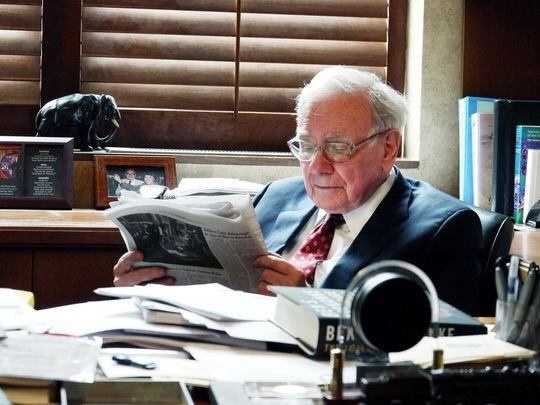If you’re like me, being quarantined, having a limited work schedule, and dealing with the COVID-19 pandemic has completely disrupted your daily routine. I was forced to temporarily close the studio a month ago and I’m currently training people privately and in small groups using Zoom. Virtual training isn’t the same as training someone in person, but it does provide a viable option. I’ve had to quickly adjust many of my coaching cues on the fly, so that they still translate online. I’ve had to substitute where I previously had the ability to touch and physically move someone, to solely using visual and verbal cues. It’s forced me to be very specific with my words. In the end, good coaching is good coaching, whether in person or online. There are many things I can’t control right now, but what I can control is my blog post, which hasn’t been consistent in the last month. I want to discuss some of the keys for good coaching. I consider myself a competent coach and my experience over the years has helped to raise my skill level. This article will be more focused on my observations of great coaching and leadership.
Competency- You have to know what you’re talking about. There’s no hack for learning your craft. The key is to embrace that the learning never stops. It’s not uncommon for coaches to stop learning after they have been a coach for a few years. They achieve a level of success and then stop. Great CEOs, coaches in the professional ranks, and leaders of industry understand that there is always more to learn. Warren Buffet is recognized as one of the best investors in the last 50 years, but he would probably tell you that it’s his love of learning that’s made him so gifted in what he’s been able to do. It’s been said that he spends the bulk of his day reading.

Communication- There’s an old saying in coaching that it’s not just what you know, but what you can teach. Have you ever had someone attempt to explain something to you, but the more they talk the more confused you become? A trait of a master teacher is when they can take a complicated subject and make it sound simple. If you reflect about your favorite teacher in school, there’s a good chance that this person taught in a way that kept you engaged and they instructed in a way you could understand. There’s another old saying that when attempting to get your point across, speak in the lowest common denominator. People that have either played or coached for Bill Belichick have consistently said that he is a clear and concise communicator of what he expects from you. On a personal note, it’s always made me smirk when I observe a rookie trainer working with someone. They are giving the person a cue. The person doesn’t execute, so they persist to say it louder and louder. It’s not the volume of the command, but what’s being said, that is causing the disconnect.
Courage- Great coaches are not afraid to move away from the crowd. It shouldn’t be about doing what’s popular, but rather what’s best. In 2011, I was introduced to kettlebells. I started using them with my clients soon after. What fascinated me was the versatility of the tool. Instead of using a leg press to build strength, plyometric boxes for jumping to improve power, and 30 minutes on the elliptical for fat loss, this 16kg bell was all you needed. Fast forward 8 years, and because most gyms are currently closed due to the coronavirus COVID-19 pandemic, people have been relegated to train at home. I read online that next to disinfectants and face masks, kettlebells have experienced huge back-orders. You may read this and think, how does using a kettlebell take courage? It takes courage when you can walk into a 30,000 square foot facility surrounded by rows of machines and you choose not to use those machines. I had the conviction in my skills that the convenient option wasn’t the best.
Empathy- The ability to understand and share the feelings of another may be one of the most valuable characteristics of being a coach. An example of a trainer showing empathy for someone is not crushing them in their 1st workout. I don’t understand how putting someone in a position where they can’t walk down their stairs or use the toilet is beneficial. Furthermore, doing that reinforces many of the negative stereotypes associated with personal trainers. A great example of empathy for others recently happened aboard Aircraft carrier U.S.S. Theodore Roosevelt. Captain Brett Crozier was removed from his command after he wrote a letter pleading for help. His ship was stricken with the coronavirus and he was worried for the safety of his men. He knew of their fear and anxiety working within the close confines of the ship. In his words, social distancing is not an option aboard an aircraft carrier. He was fully aware that writing the letter would be the end of his military career. It was his empathy for his people that drove him to do it. Here’s a link of a video showing the officers of the ship cheering for their Captain as he is leaving the ship. It’s something special to see.
If you or anyone in your family is infected with the virus, my heart goes out to you. It’s a new world post COVID-19. Please be safe, stay positive, and I’ll see you soon once the studio is back open.
